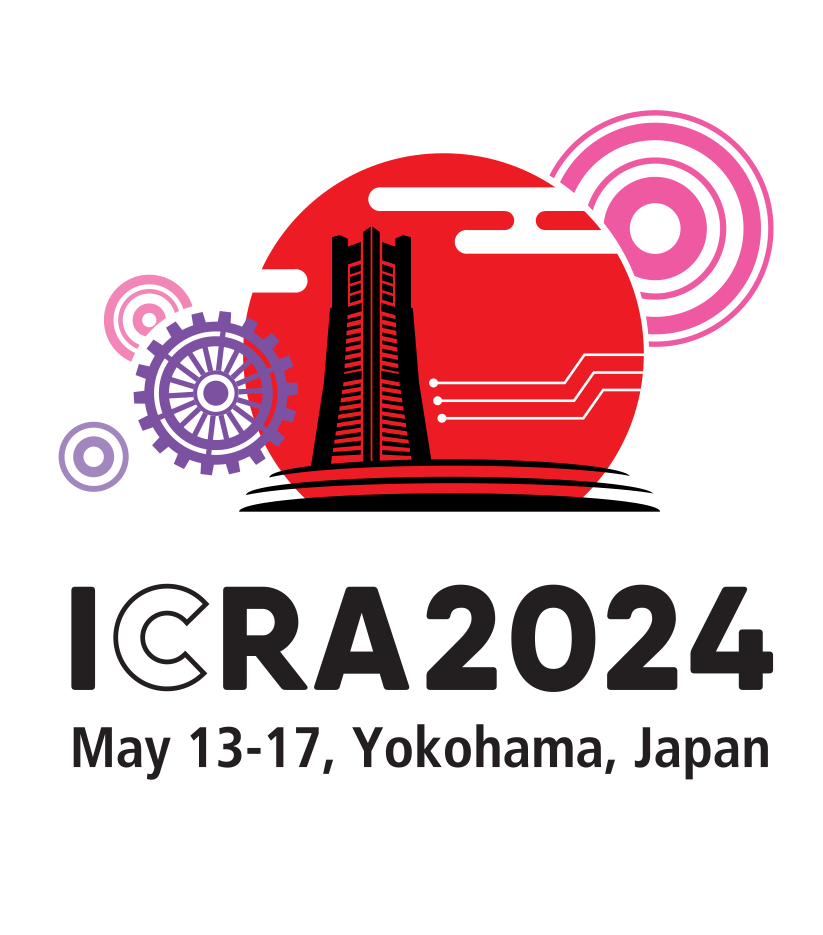RA-M: 2 New Special Issues With Open Calls!
Special Issue on Biomimetic Perception, Cognition, and Control: From Nature to Robots
This special issue will cover the subjects including intelligent sensors, biomimetic mechanical design, robotic cognition-related learning, bioinspired control, and human-friendly interaction. This issue will focus on recent progress and new multi-disciplinary biomimetic technologies that have practical potential and the potential for profound impact on the real world. We welcome submissions from all related topics in academic research and industry, including but not limited to the following:
- Intelligent sensors (e.g., vision, tactile etc.) for perception and exploration
- Mechanical design of biomimetic robots
- Advanced multimodal sensing information fusion
- Computational neuroscience of perception and action
- Intelligent learning methods from a biomimetic view
- Learning from Demonstrations
- Bioinspired robotic learning and control
- Applications of biomimetic robotics in industry, e.g., manipulation, robot assisted surgery.
- Other related topics
Click here for more information and important dates.
Special Issue on Homecare Robots
The home healthcare industry is under growing pressure of delivering services more effectively within its already-stretched capacity. Especially, providing efficient, cost effective homecare for the growing number of older adults will require major changes in ways providers gather information from and deliver care services to care recipients. As many homebound older adults have been isolated in the COVID-19 pandemic, the need for innovations in the home healthcare industry is becoming more urgent.
Robots are in a unique position to monitor, assess/evaluate, and prevent situations that could put older adults at-risk. Research in robots, especially assistive robots and companion robots, has been attracting growing interest in recent years. Robot-based homecare technologies can record health-related data with advanced sensors, and then automatically process the data and provide personalized advice or automated actions. For healthcare workers, these technologies allow for more comprehensive monitoring and free them to address the more complex aspects of their work. These technologies also make possible individualized care that promotes independence and safety of the care recipients.
The goal of this special issue is to provide readers an overview of the state of the art in robot-assisted home healthcare, identify and promote the future research direction sin this emerging field. By presenting the achievement and future opportunities in this multidisciplinary research area that crosscuts robotics, automation, AI and healthcare, this special issue will have great impact on the robotics and automation research community.







